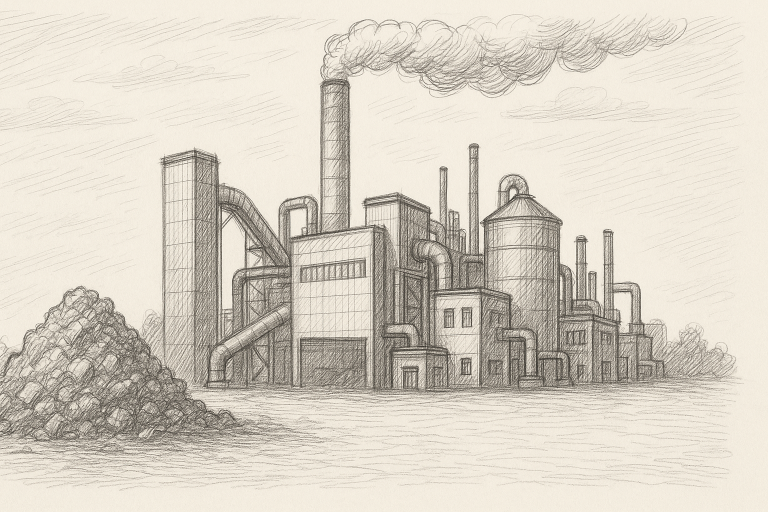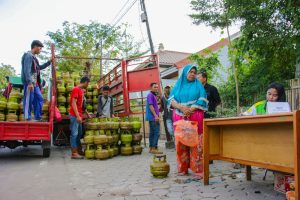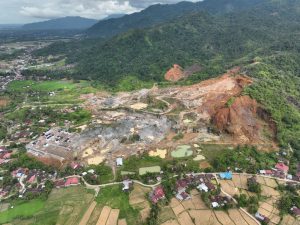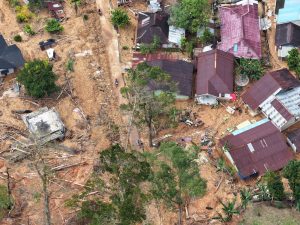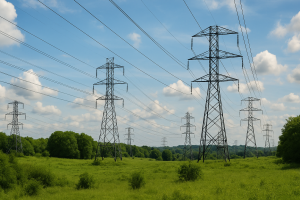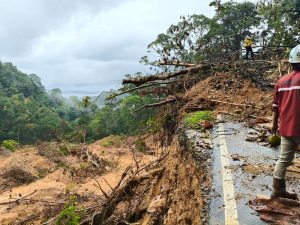Jakarta – The Danantara Investment Management Agency (BPI) is targeting the construction of seven Waste Power Plants (PLTSa) to begin in early 2026. In an official statement on Monday, 3 November, Danantara said the project would be the first wave of the Waste-to-Energy (PSEL) programme across various regions.
Stefanus Ade Hadiwidjaja, Managing Director of Investment at BPI Danantara, stated that the tender process for the first batch is scheduled to begin on 6 November 2025. The government has designated seven cities that are ready to execute this project.
“There are a total of seven cities for the first phase. Under the overall plan for 33–34 cities, we are starting with areas that are ready to ensure the process is not hampered. Once they are ready, we will immediately proceed,” he said.
According to Danantara, the tender results will be announced in the first quarter of 2026. Once the winning consortium in each city has been determined, the groundbreaking is scheduled for early 2026. “Hopefully, by March or April, the winner will be clear and construction can begin,” said Stefanus.
The first phase will focus on Bogor, Denpasar, Yogyakarta, Semarang, and Bekasi—areas deemed ready in terms of technical and administrative readiness. A total of 24 foreign technology providers have expressed interest in participating in the tender process, particularly companies with experience in using incinerator technology.
Danantara said investor enthusiasm is relatively high. However, every technology provider is required to collaborate with domestic partners, whether private, state-owned, or regionally owned, to facilitate the technology transfer process.
“We do not want one consortium to dominate too many projects. This is part of risk management,” said Stefanus.
In addition to promoting a clean energy mix, PLTSa is expected to address the increasingly urgent issue of national waste. Indonesia’s waste production is estimated to reach 50 million tonnes per year. However, only around 40 per cent is appropriately managed, with the rest often burned in people’s yards, potentially polluting the environment.
The PSEL programme in these seven cities marks the beginning of large-scale utilisation of waste as an energy source. If the first phase runs smoothly, the next batch will be expanded to cover more than 30 cities in Indonesia. (Hartatik)
Banner photo: Image generated by OpenAI’s DALL·E via ChatGPT (2025)

